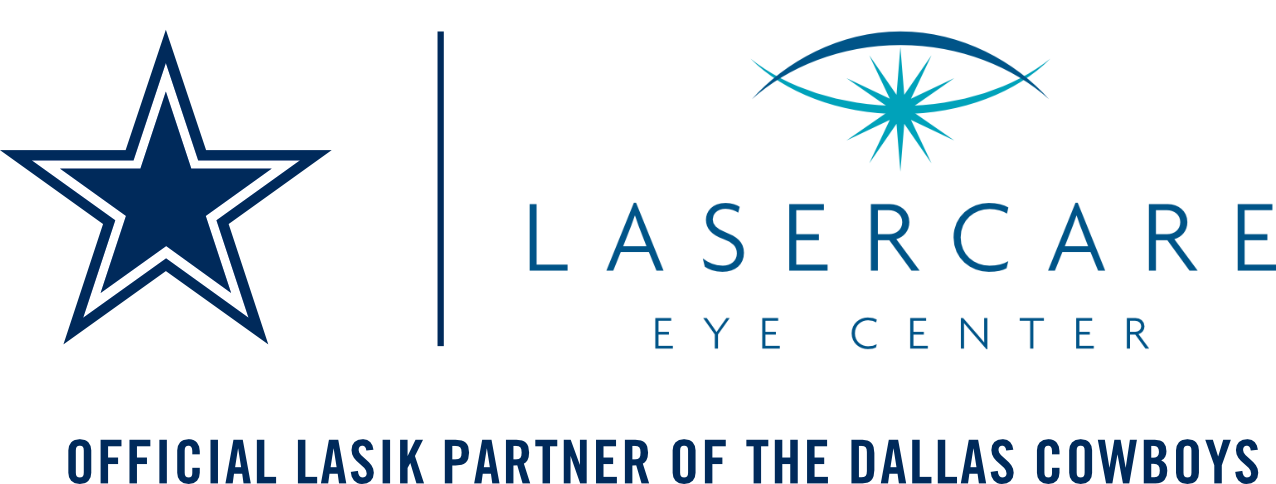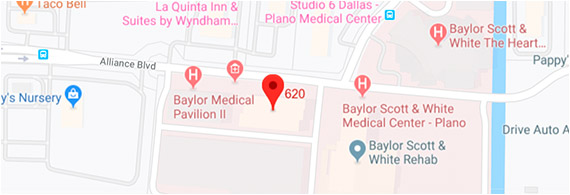How Long Does Cataract Surgery Last

Cataract surgery is a relatively short and straightforward outpatient procedure where the patient can leave the hospital on the same day of the operation.
The procedure is designed to treat cataracts where changes in the natural lens of the eye resulting in blurry or cloudy vision. Your natural lens is a crystalline structure that resides behind the pupil, which is the black circle at the center of your eye. A cataract occurs when the natural lens undergoes changes that cause it to become clouded and less transparent, making it difficult for you to see clearly or read.
In most cases, cataracts occur due to aging – also called age-related cataracts. A cataract obstructs some of the light from reaching your retina, resulting in poor vision. Even though cataracts are often age-related, in very rare cases, young children and babies can develop it as well.
How Long Does the Surgery Take?
There are two main types of cataract surgery and the amount of time taken depends on the type of procedure you have:
Phaco Surgery. Phaco surgery or phacoemulsification is the most commonly used cataract procedure in the U.S., which may take as little as 10 minutes to complete.
ECCE Surgery. Extracapsular Cataract Extraction (ECCE) may take longer than phaco surgery, often lasting up to 30 to 45 minutes.
During cataract surgery, the surgeon will create a tiny incision in the cornea of your eye and remove the clouded lens by disintegrating it with high-frequency sound waves and suctioning it out using a probe. The lens is then replaced with a clear plastic lens called the intraocular lens (IOL).
If you have cataracts in both eyes, they will not be operated on the same day. Instead, you will need two separate procedures that will be performed a few weeks apart. This will allow your first eye to heal and restore its vision before the next procedure.
Cataract Surgery Recovery
Cataract surgery is among the safest and most commonly performed surgical procedures in the U.S. Most patients are able to see clearly on the same day of the operation. However, your doctor may advise you to take it easy for at least 2 days and refrain from strenuous physical exertion that may result in pressure buildup in the operated eye.
If there are no complications associated with your surgery, you will remain in recovery for a brief period, often for only 30 minutes, before you are able to go home. However, you will not be able to drive for at least 5 days following surgery so make sure you have a family member or loved one drive you home after the procedure has been completed.





